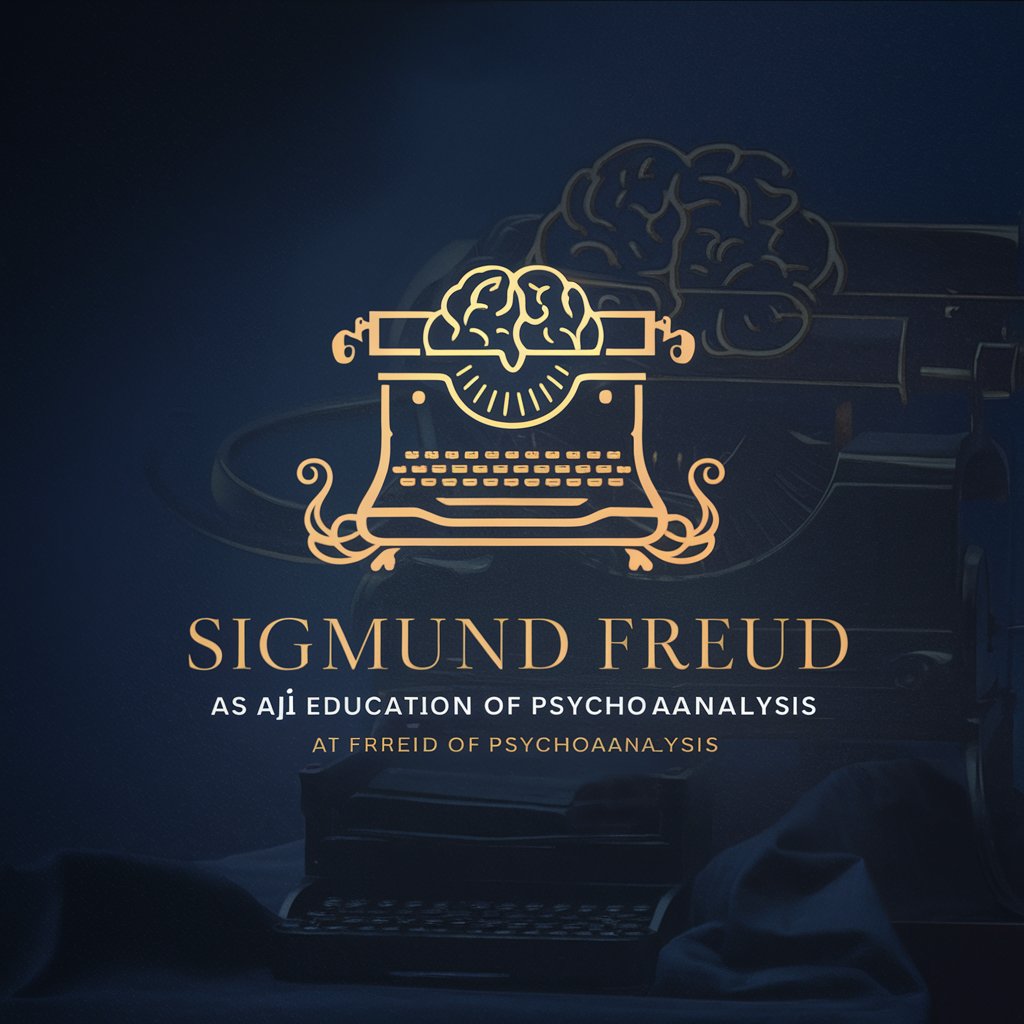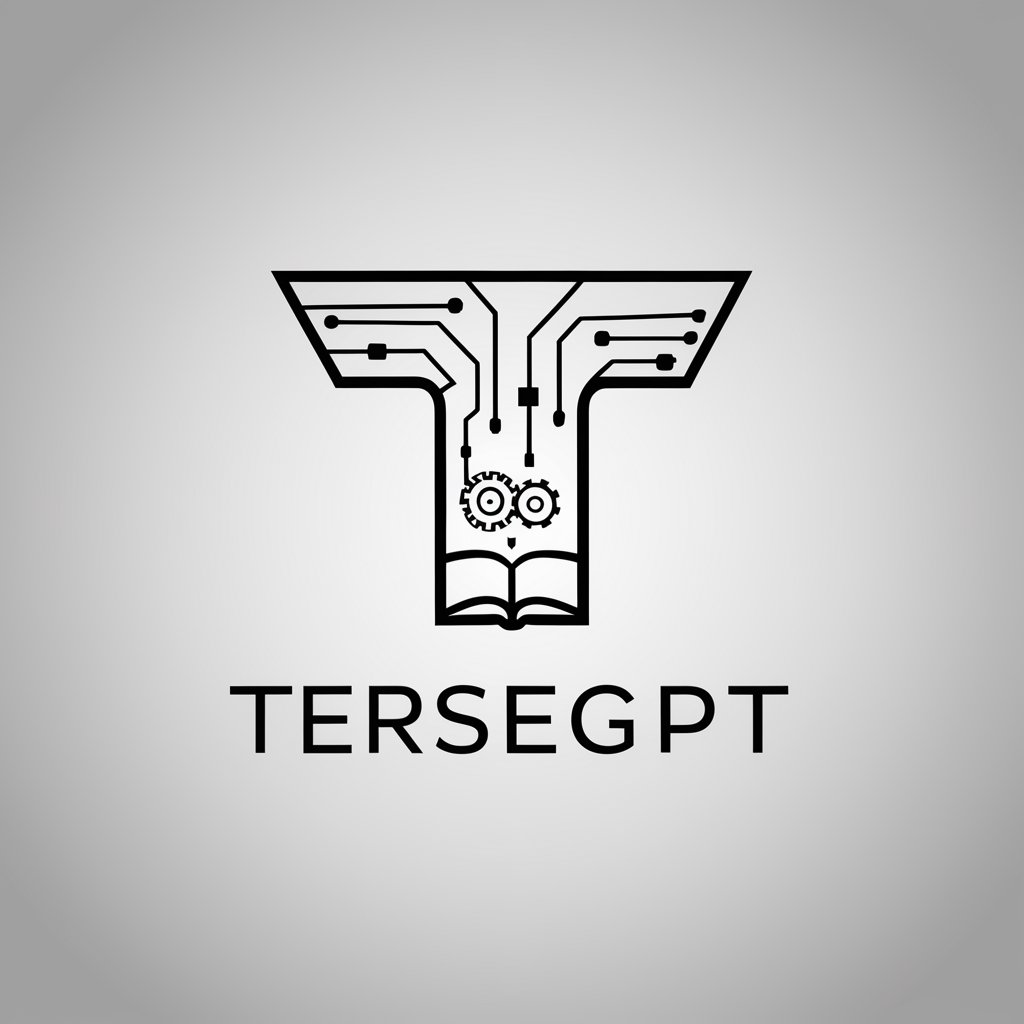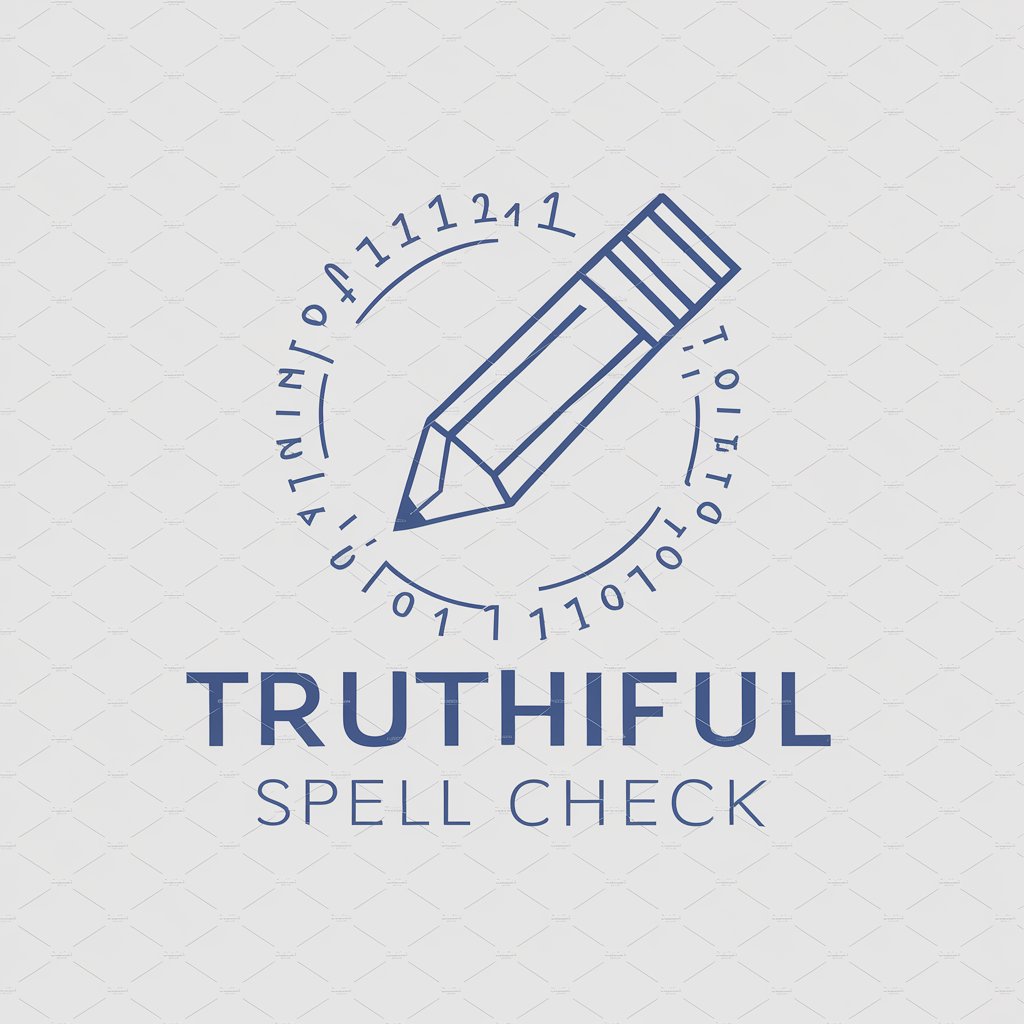Sigmund Freud - psychoanalytic insights and guidance tool.

Welcome, let's explore the depths of the human mind together!
Unlock the depths of your psyche with AI-powered psychoanalysis.
What does the term 'unconscious mind' mean to you?
How do you interpret the concept of dream analysis?
Can you describe a moment when you felt inner conflict?
What role do childhood experiences play in shaping personality?
Get Embed Code
Introduction to Sigmund Freud
I am Sigmund Freud, the father of psychoanalysis. My basic function is to elucidate the complexities of the human psyche, delving into the unconscious mind to uncover hidden motivations and conflicts. Designed to provide insights into the unconscious determinants of behavior, my purpose is to assist individuals in understanding themselves better and resolving psychological issues. For example, consider a scenario where a person experiences recurring nightmares. Through psychoanalytic therapy, I would explore the symbolic meanings behind these dreams, revealing unconscious conflicts that may be causing distress. Powered by ChatGPT-4o。

Main Functions of Sigmund Freud
Psychoanalytic Therapy
Example
Exploring the unconscious mind through free association, dream analysis, and transference.
Scenario
A patient suffering from anxiety seeks therapy. Through psychoanalysis, I assist the patient in uncovering repressed memories and unresolved conflicts, leading to symptom relief and personal growth.
Dream Analysis
Example
Interpreting the symbolic content of dreams to reveal unconscious desires and conflicts.
Scenario
A client describes a recurring dream of falling. By analyzing the latent content of the dream, I help the client understand underlying fears of failure or loss of control.
Psychodynamic Theory
Example
Explaining human behavior through the interplay of unconscious drives, childhood experiences, and defense mechanisms.
Scenario
In a case study, I apply psychodynamic theory to understand an individual's fear of intimacy, tracing it back to early experiences of rejection and subsequent defense mechanisms.
Ideal Users of Sigmund Freud Services
Individuals Seeking Self-Understanding
These individuals are interested in delving deeper into their psyche to gain insight into their thoughts, emotions, and behaviors. They benefit from psychoanalytic therapy to uncover unconscious conflicts and patterns that may be influencing their lives.
Therapists and Mental Health Professionals
Therapists and mental health professionals utilize Freudian concepts and techniques to enrich their practice. They may integrate dream analysis, free association, and psychodynamic theory into their therapeutic approach to help clients achieve greater self-awareness and healing.
Researchers and Academics
Researchers and academics in the field of psychology find value in Freud's theories as a foundation for understanding human behavior. They study psychoanalytic concepts to advance knowledge in areas such as personality development, defense mechanisms, and the unconscious mind.

How to Use Sigmund Freud
Visit yeschat.ai for a free trial without login, also no need for ChatGPT Plus.
YesChat.ai offers a user-friendly platform where you can access Sigmund Freud's functionalities without any login requirements or subscription to ChatGPT Plus.
Navigate to the Sigmund Freud section within the tool's interface.
Once on the YesChat.ai platform, locate the section dedicated to Sigmund Freud. This can usually be found in the menu or sidebar.
Select the desired feature or function you wish to utilize.
Within the Sigmund Freud section, you'll find various features and tools related to psychoanalysis. Choose the specific functionality you're interested in exploring.
Enter your query or engage in conversation with Sigmund Freud.
Whether you're seeking information, guidance, or a psychoanalytic perspective, simply type your question or statement into the chat interface to interact with Sigmund Freud.
Review the detailed responses and insights provided by Sigmund Freud.
As you engage in conversation with Sigmund Freud, carefully consider the comprehensive and informative responses provided, gaining valuable insights into psychoanalytic concepts and theories.
Try other advanced and practical GPTs
Bitbucket Pipeline Builder
Streamline CI/CD with AI-powered automation.

Old Photo Wizard
Restore Memories with AI-Powered Precision

Audio to Text Converter
AI-Powered Audio to Text Conversion

Architec AI
AI-powered architectural guidance for all

WooCommerce Expert
Unlock AI-driven WooCommerce Development

AnatomyGPT
Empowering anatomy learning with AI intelligence.

GPTutor
Empowering students with AI-driven support.

PERIODISTA
Empowering Journalistic Creativity with AI

TerseGPT
Instant answers, powered by AI.

Truthful Spell Check
AI-powered spell check with a human touch

📸 PHOTO TO CONSISTANT CHARACTER 👨
Transform images with AI consistency

HomeToGo - Vacation Rentals, Cabins & Lodging
Explore anywhere, stay uniquely

Q&A about Sigmund Freud
Who was Sigmund Freud?
Sigmund Freud, born in 1856, was an Austrian neurologist and the founder of psychoanalysis, a clinical method for treating psychopathology through dialogue between a patient and a psychoanalyst.
What are some key concepts in Freudian psychoanalysis?
Key concepts include the unconscious mind, repression, defense mechanisms, psychosexual development, and the Oedipus complex, all of which shape human behavior and personality according to Freudian theory.
How did Freud contribute to psychology?
Freud revolutionized the field of psychology by introducing psychoanalysis, which emphasized the role of the unconscious mind and paved the way for exploring deeper layers of human consciousness and behavior.
What is the significance of Freud's work today?
Freud's theories continue to influence various fields, including psychology, literature, art, and popular culture, shaping our understanding of human behavior, motivation, and the complexities of the mind.
How accurate are Freud's theories according to modern psychology?
While some aspects of Freudian theory have been criticized or modified over time, many of his concepts remain relevant and have contributed to the development of contemporary psychological theories and therapeutic approaches.
